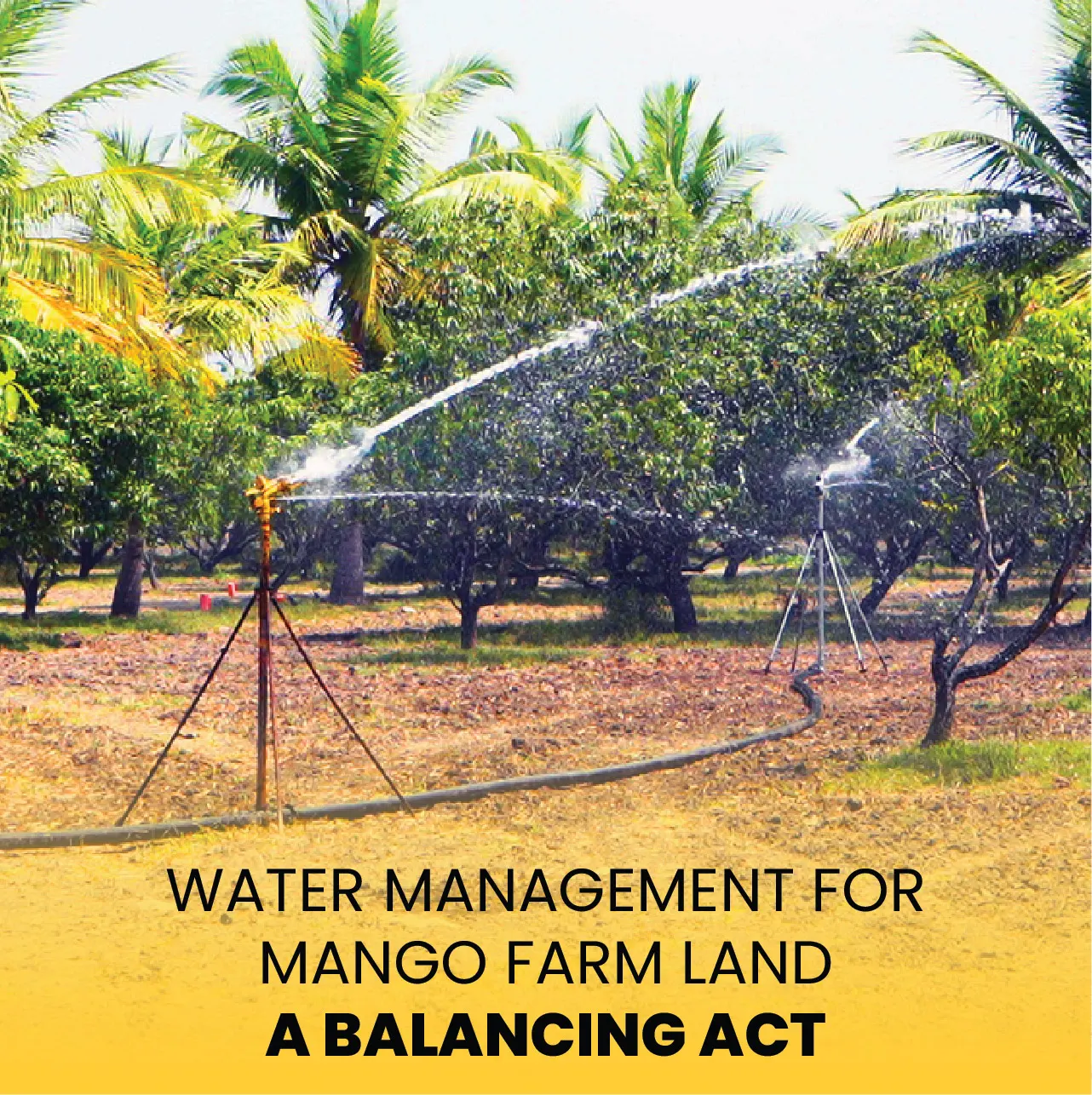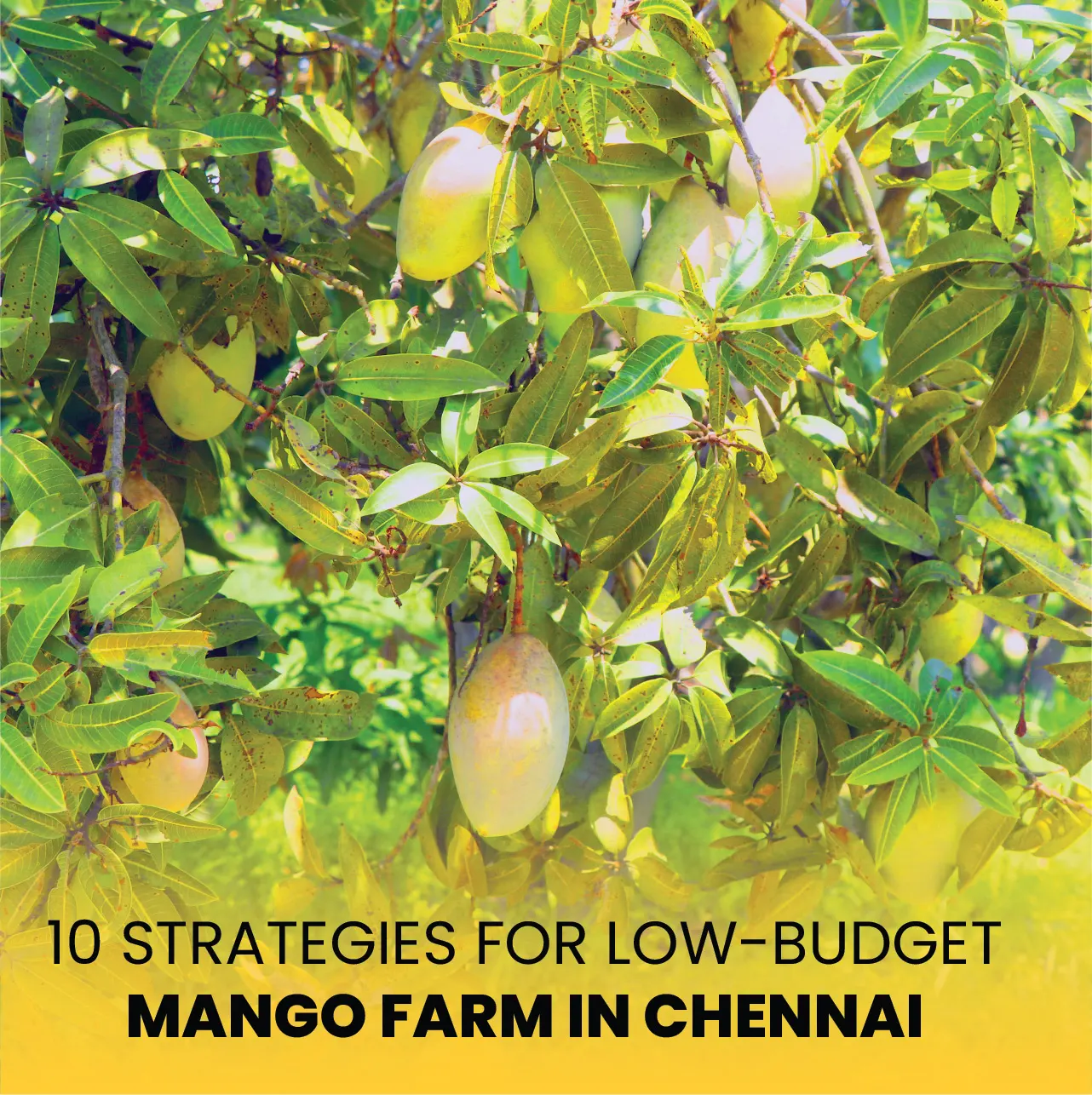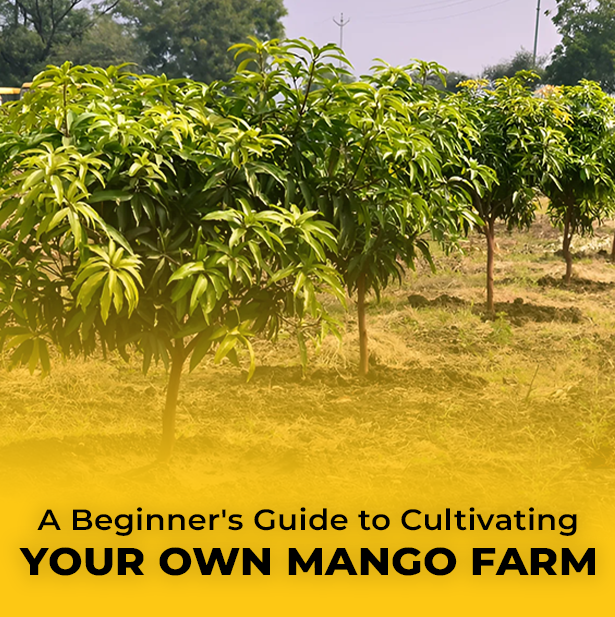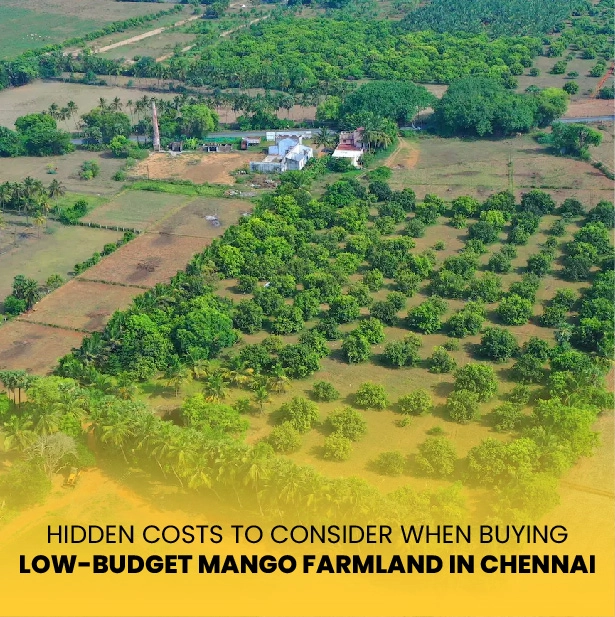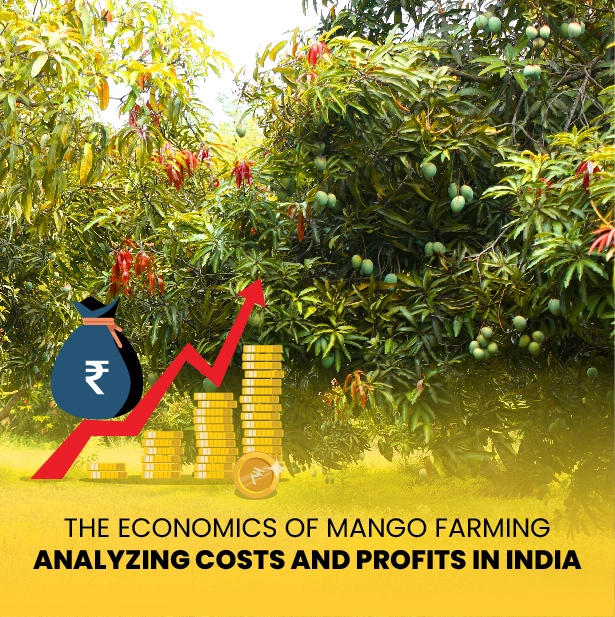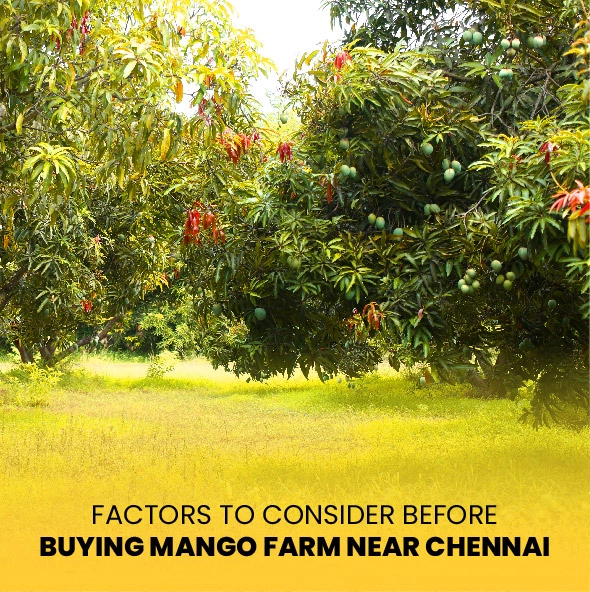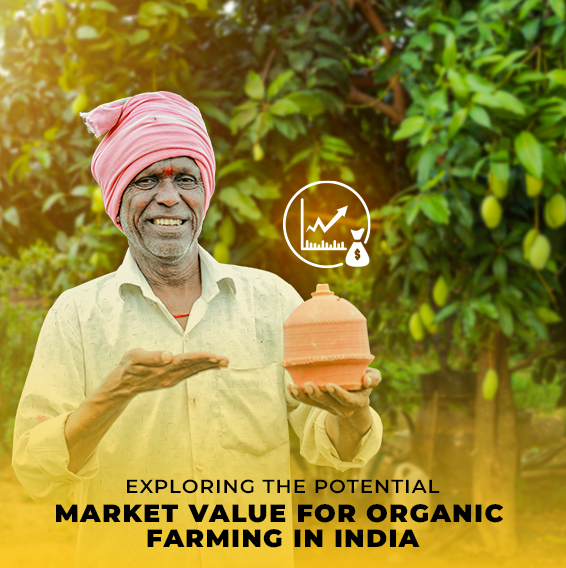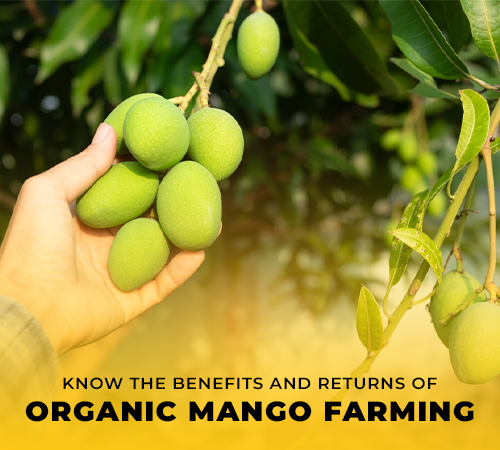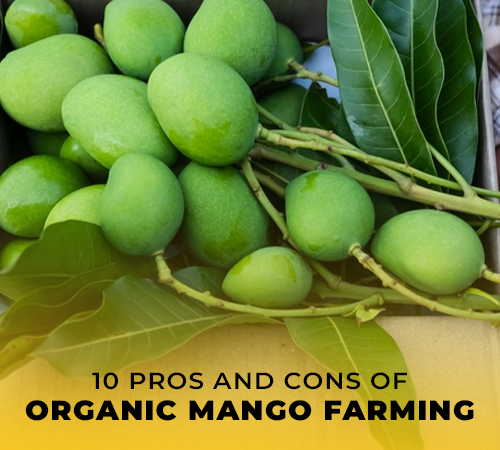India is ideal for organic farming because of its rich soil, vast agricultural area, and sizable farming population. Expected to be valued between ₹10,000 and ₹12,000 crore, the organic farming industry in India is rising. Demand, both domestic and international, is propelling this expansion, mostly because of the advantages organic farming offers for health and the environment, as well as better agricultural cycles. The 18% GST is one of the policies and incentives the Indian government offers to this industry in order to encourage home production and guarantee food quality. With more than 3.59 million hectares under organic cultivation and more than 16 lakh certified organic farmers, India ranks third in the world for organic farming expansion. The Indian agricultural ministry has started a number of initiatives to promote and expand the organic farming industry.

Using natural methods to grow plants and animals, organic farming does away with artificial and chemically-based fertilisers. Products sustained by organic waste from crops, animals, farms, and aquatic sources include oils, seeds, grains, cotton, vegetables, tea, coffee, and dairy. Many elements contribute to the enormous market potential for organic farming: the wide land area registered for organic farming; the increasing consumer preference for organic produce because of health benefits; the availability of labour, livestock, and farmers; and the substantial government support. Among the advantages of organic farming are reduced production costs, tolerance to bad weather, high nutrient content, and inherent resistance to weeds and pests.
Using only natural sources, pure organic farming stays away from any artificial chemicals, fertilisers, or pesticides. Integrated organic farming combines modern and traditional methods to provide sustainable agriculture that meets both ecological and economic needs. Because of this all-encompassing strategy, farmers can produce premium organic goods without sacrificing ecological balance.
Among the several benefits of organic farming is the removal of toxic chemicals, which results in safer food consumption and less environmental damage. By enhancing soil health and plant development with natural fertilisers and insect control techniques, it lowers production costs. The produce is pure, natural, and healthy. In addition, organic farming methods support energy conservation, soil and water conservation, pollution reduction, and biodiversity preservation, all of which eventually contribute to environmental protection. Organic produce's better taste and higher nutritional content attract more customers.
The government of India offers organic farms a number of subsidies and support systems. These comprise a 25% subsidy for biological fertilisers and pesticide units (with a maximum limit of ₹40 lakhs per unit) and a 33% subsidy for fruits and vegetables (with a maximum limit of ₹60 lakhs per unit) provided by the National Centre for Organic Farming under NABARD. Additionally available for a range of organic farming operations are back-ended and credit-linked subsidies. With these incentives, more people should choose organic agricultural methods, and farmers will have fewer expenses.
Starting an organic agricultural company costs between ₹5 lakhs and ₹10 lakhs. This first outlay of funds pays for labour, infrastructure, organic inputs, and land preparation. Profit margins between 22 and 35 percent can be achieved with effective production, distribution, and marketing, which can reach up to ₹30 lakhs per month. The growing market for organic goods, as well as several government subsidies and incentives, increase organic farming's profitability.
Target customers for an organic agricultural company include restaurants, hotels, farmer's markets, coffee shops, cafés, dairy markets, and internet grocery stores. Fresh, healthy produce grown locally is highly sought after at farmer's markets, and restaurants and hotels look for organic produce to satisfy health-conscious customers and keep up with diet trends. Both online and retail grocery stores cater to healthy consumers seeking organic grains and other commodities. Coffee shops and cafés seek organic herbs and seeds, while dairy markets seek organic milk to meet consumer demands for natural and healthful dairy products.
Farming determines the size of the land required to launch an organic agricultural operation. Two cows require six to ten acres of land, while one cow requires five acres. Sufficient land space should be available to enable organic farming methods such as crop production, animal care, and organic waste recycling. Planning and land management are critical to ensuring the organic agricultural business's profitability and sustainability.
A company that operates in organic farming has a number of important business plans. These comprise marketing tactics like TV commercial advertising, brand endorsements, social media campaigns, and joint ventures with food co-ops, restaurants, and grocery shops (both online and offline). Important sales channels are direct sales through farmer's markets and on-farm sales, wholesale sales to supermarkets, restaurants, and hotels, online sales through e-commerce platforms, and subscription boxes that bring fresh organic food right to customers' homes. Important ways to diversify income streams are to offer farm tours, workshops, and agritourism activities in addition to creating value-added products such as organic jams, pickles, dairy products, and herbal teas.
India's organic farming industry exhibits enormous room for expansion. India leads the world in organic production and ranks ninth in terms of organic farming area. At a CAGR of 25%, the total value of organic food exports from India was ₹3458.48 crore. Government backing, the growing market for organic products, and growing consumer knowledge of the advantages of organic food are all driving this expansion. With so many advantages from better nutritional value to environmental preservation the industry is a profitable and long-lasting commercial effort.
Indian organic farming is booming, encouraging natural and sustainable farming methods. Growing public demand and substantial government assistance make organic farming a profitable prospect for both farmers and business owners. With so many advantages from better nutritional value to environmental preservation, the industry is a profitable and long-lasting commercial endeavour. India's excellent agricultural environment and government assistance allow farmers to start profitable and long-lasting organic farming businesses.



